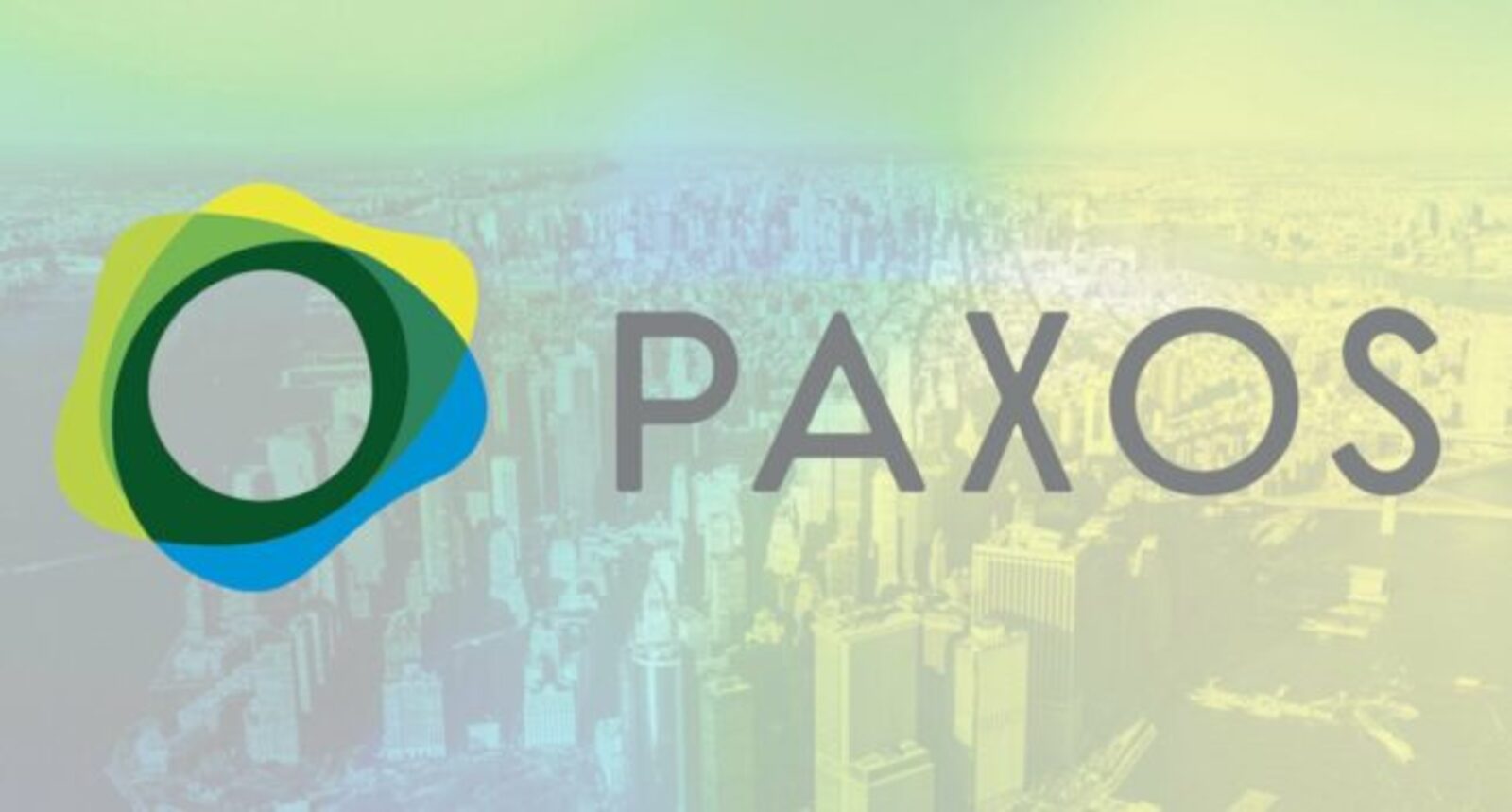- Paxos pursues a national trust charter to boost oversight and scope.
- Federal oversight of blockchain firms is becoming a growing industry standard.
- Stablecoin regulation is shaping the future of payment infrastructure.
Paxos has applied to convert a New York trust license to a national trust charter under the U.S Office of the Comptroller of the Currency (OCC). This should move the blockchain infrastructure company to a federal level, leaving it regulated broadly. The step reaffirms its reputation for transparent, compliant, and secure operations.
Paxos Strengthens Global Oversight and Reach
Since 2015, when it became the first company involving blockchain and tokenization to receive the limited-purpose trust charter, the firm has been under the supervision of the New York State Department of Financial Services (NYDFS). In 2018, it released the first regulated stablecoin. Under the suggested OCC charter, the firm would follow other digital asset companies that move towards federal regulation. The new license would not permit the type of deposit-taking or lending, yet it would increase agility in operations and custodian services.
Paxos has applied to the U.S. Office of the Comptroller of the Currency (OCC) to convert its New York State trust charter into a national trust charter. If approved, Paxos would come under federal oversight in the U.S., complementing its existing regulatory licenses in Europe…
— Wu Blockchain (@WuBlockchain) August 11, 2025
If approved, oversight will also come from existing international regulators. These include the Financial Supervisory Authority of Finland, the Monetary Authority of Singapore, and the Financial Services Regulatory Authority in Abu Dhabi. This multi-jurisdictional approach is expected to strengthen market confidence while expanding the company’s enterprise reach.
National trust charter pursuit signals expansion
Chief Executive Charles Cascarilla stated that applying for the charter reflects the company’s belief in blockchain as a tool for financial empowerment. He emphasized the goal of delivering the most secure infrastructure available to global partners and consumers. The firm assures that all issued assets will remain fully backed by reserves in U.S. dollars, Treasury securities, and cash equivalents, guaranteeing 1:1 redemption.
It is not the first time that such has been looked into to receive federal assistance. After renewing its OCC charter in 2021, the company came to the end of a prior conditional OCC charter in 2023. The new cooperation is the latest to utilize the stablecoin industry which is enjoying the benefit of new federal laws that the president Donald Trump signed last month. The law offers a more transparent regulatory environment, which may lead to the mainstream adoption at a faster pace.
Federal Charter Could Pave the Way for Blockchain
Anchorage Digital is the sole crypto firm to have an OCC national trust bank charter. This, however, has not deterred other key industry players, including Circle and Ripple, who have also made an application. The tendency presupposes a transformation to the incorporation of blockchain service providers in the extensive environment of regulated banking.
Recently, the company resolved a regulatory matter in New York, where the corporation was made to pay $48.5 million regarding its former collaboration with Binance. It has been done in partnership with USD Binance stablecoin which was recently abandoned in early 2023, due to increased attention turned to it. Despite the regulator problems which the firm experienced in the past, it has proceeded to collaborate with other international companies such as PayPal, Mastercard, Interactive Brokers, Mercado Libre, and Nubank.
Provided that the OCC approves it, the transition is not likely to disrupt the customer experience. Service continuity, asset security, and operational stability continue to be the core of the firm’s strategy. Industry experts view the move as a possible precedent for other blockchain firms hoping to fill the gap between crypto innovation and the institutional banking systems.


